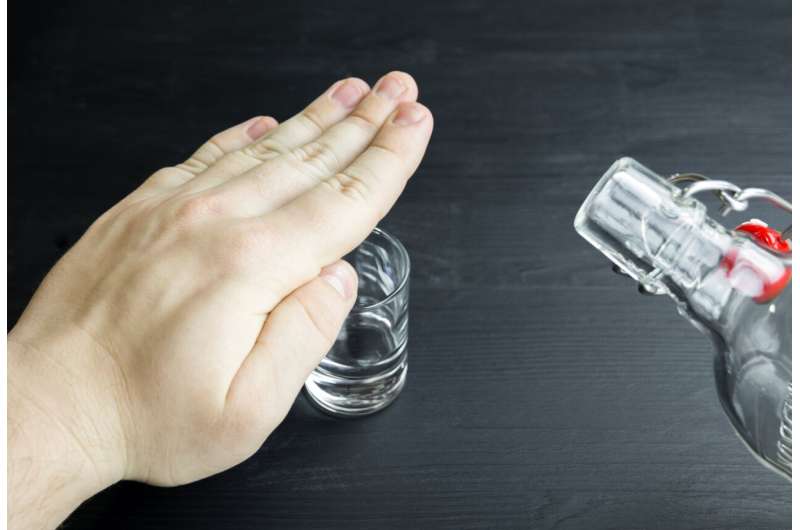Reducing Alcohol Consumption May Lower Psychiatric Hospital Visits in Primary Care Patients

Reducing alcohol intake among primary care patients is linked to fewer hospital visits for mental health issues, emphasizing the importance of alcohol reduction strategies in improving mental health outcomes.
Recent research indicates that decreasing alcohol intake among primary care patients is associated with fewer hospital visits related to mental health issues. This finding stems from a study published in Alcohol, Clinical and Experimental Research, which examined a large patient population regularly screened for alcohol use using a simple questionnaire called the AUDIT-C. The study demonstrated that reductions in alcohol use scores over time correspond to significant decreases in urgent care, emergency department, or inpatient treatments for mental health concerns.
The researchers analyzed electronic health records of over 100,000 patients and found that individuals exhibiting a one- or two-category decrease in AUDIT-C scores—indicating reduced alcohol consumption—also experienced a notable drop in mental health-related acute care utilization. Conversely, patients whose scores remained unchanged showed consistent levels of hospital visits. These results suggest that even modest reductions in drinking can confer mental health benefits, potentially decreasing the need for costly hospital-based interventions.
Prior studies have established a clear link between alcohol use and increased mental health care needs. The AUDIT-C questionnaire, a validated screening tool, is often used during primary care visits to assess unhealthy drinking behaviors. Tracking changes in these scores over time can provide valuable insights into a patient’s mental health risk profile.
Furthermore, decreasing alcohol consumption has been associated with improvements in other areas, such as reduced anxiety, depression, liver disease, hospitalizations, and mortality. This evidence supports the importance of clinicians advising patients on the mental health advantages of reducing alcohol intake and encourages healthcare systems to invest in treatment programs targeting unhealthy drinking behaviors.
Implications of these findings highlight the potential for primary care providers to monitor alcohol use trends and recommend gradual reductions as a strategy to improve mental health outcomes. Integrating mental and physical health care can further enhance patient care, reduce unnecessary hospitalizations, and lower healthcare costs.
Source: https://medicalxpress.com/news/2025-08-alcohol-linked-hospital-mental-health.html
Stay Updated with Mia's Feed
Get the latest health & wellness insights delivered straight to your inbox.
Related Articles
Experiencing Positive Emotions During Learning Enhances Memory Retention
Discover how positive emotions during learning can significantly improve memory retention by activating brain mechanisms associated with better recall, as highlighted in recent neuroscience research.
Enhancing Mental Health Support in Schools Mitigates Risks in Disadvantaged Communities
Increasing access to mental health professionals in schools can significantly reduce mental health risks for youth in disadvantaged neighborhoods, highlighting the importance of targeted support for vulnerable students.
The Hidden Dangers of 'What I Eat in a Day' TikTok Videos and Their Impact on Mental Health
TikTok's 'what I eat in a day' videos may seem entertaining but can promote harmful dieting habits and negatively impact mental health. Learn how to navigate this content safely.



